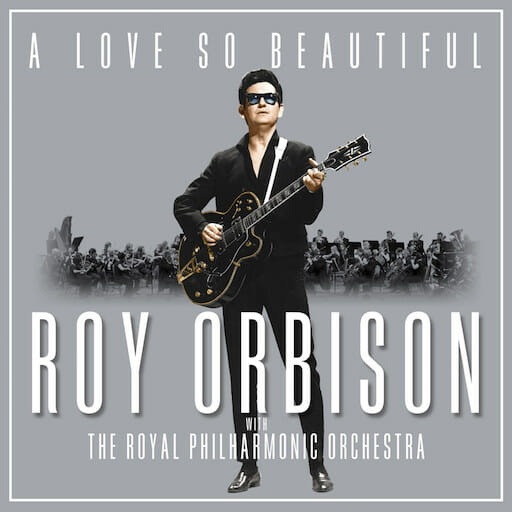Roy Orbison: A Love So Beautiful

The current music market has seen a flash flood of reissues and archival releases in recent years, aimed, without blushing, at baby boomers who came of age as rock ‘n’ roll was gulping its first breaths. It’s a marketing tactic as old as the modern recording industry, but one that has produced some crucial documents, like the recent expanded reissue of Little Richard’s first album or A Boy From Tupelo, a lovingly crafted boxed set compiling all of Elvis Presley’s work from the very early part of his career.
-

-

-

-

-

-

-

-

-

-

-

-

-

-

-

-

-

-

-

-

-

-

-

-

-

-

-

-

-

-

-

-

-

-

-

-

-

-

-

-








































